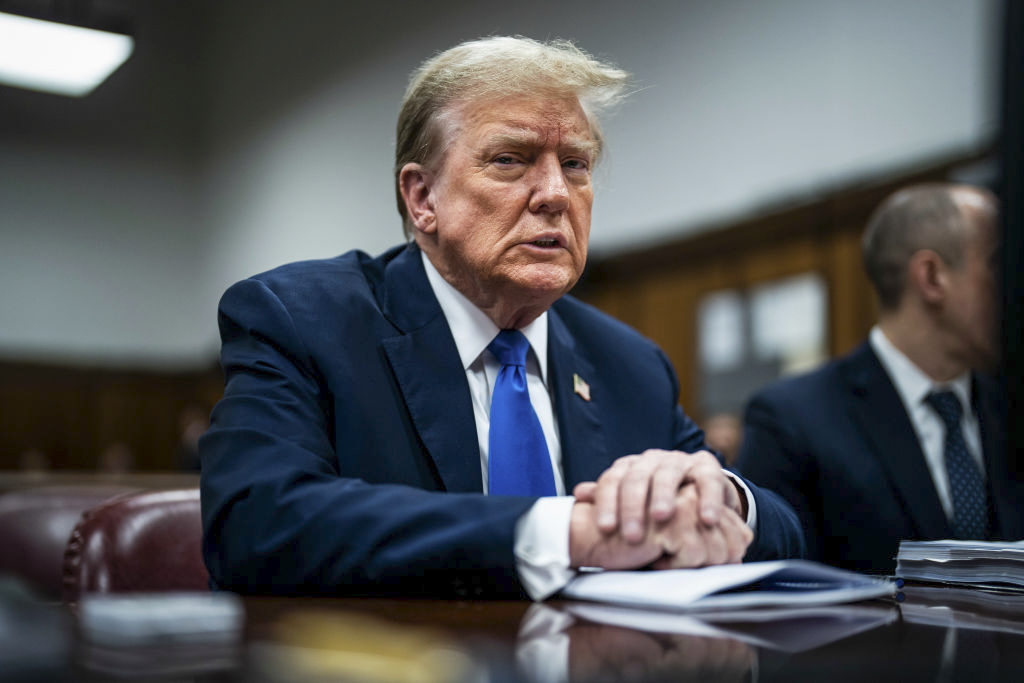President-elect Donald Trump has petitioned the U.S. Supreme Court to postpone his sentencing in the New York business records case, scheduled for Jan. 10. This move comes after New York courts rejected his requests for a delay, including a recent denial from the state’s appeals court.
Trump’s legal team filed an emergency request with the nation’s highest court on Jan. 8, arguing that proceeding with the sentencing could cause “grave injustice and harm to the institution of the Presidency and the operations of the federal government.” The Supreme Court has requested a response from New York prosecutors by Jan. 9.
The trial, presided over by New York Supreme Court Justice Juan M. Merchan, resulted in Trump’s conviction in May 2024 on 34 felony counts of falsifying business records. Merchan has indicated that he does not intend to impose jail time, fines, or probation at the sentencing.
Trump’s attorneys base their argument on a recent Supreme Court ruling that granted former presidents broad immunity from criminal prosecution for certain core official acts performed while president.
They contended that this ruling should apply to some of the evidence used against Trump in the business records trial, asserting that it should have been protected by presidential immunity. However, Merchan disagreed with this interpretation.
The filing to the high court is signed by John Sauer, the president-elect’s nominee for solicitor general.
The Republican president-elect’s spokesman, Steven Cheung, called for the case to be dismissed in a statement, while the Manhattan district attorney’s office said it would respond through court filings.
The appeal to the Supreme Court follows a series of unsuccessful attempts by Trump’s legal team to halt the proceedings.
On Jan. 7, an appeals court in New York denied Trump’s request for an interim stay. Justice Ellen Gesmer of the Appellate Division, First Judicial Department, issued a brief order stating, “After consideration of the papers submitted and the extensive oral argument, movant’s application for interim stay is denied.”
Trump’s attorney, Todd Blanche, argued in the emergency filing on Jan. 7 that proceeding with the sentencing would “pose risks to America’s vital interests that are intolerable and unconstitutional under the Supremacy Clause and the doctrine of Presidential immunity.”
Blanche emphasized the potential impact on Trump’s ability to assume office as the 47th president, citing concerns about possible restrictions on travel, reporting requirements, and other probationary conditions.
The legal team’s strategy includes invoking a ruling by U.S. District Judge Tanya Chutkan in Trump’s separate election interference case. In that case, Chutkan agreed that Trump’s appeal based on presidential immunity automatically stayed proceedings moving toward trial.
Merchan, in another rejection of the move to delay the sentencing, stated on Jan. 6 that the former president’s arguments were “for the most part, a repetition of the arguments he has raised numerous times in the past.”
Merchan also dismissed Trump’s various immunity-related objections to the evidence used during the trial, finding that the evidence related to unofficial conduct and thus did not receive immunity protections.
That request was made just days after Merchan’s Jan. 3 decision to reject Trump’s request to dismiss the case. Merchan said in that ruling that he wasn’t inclined to impose a prison term on the president-elect.
The appeals process is playing out less than two weeks before Trump’s scheduled inauguration on Jan. 20 and follows the dismissal of two federal cases against him.
Sam Dorman and The Associated Press contributed to this report.














